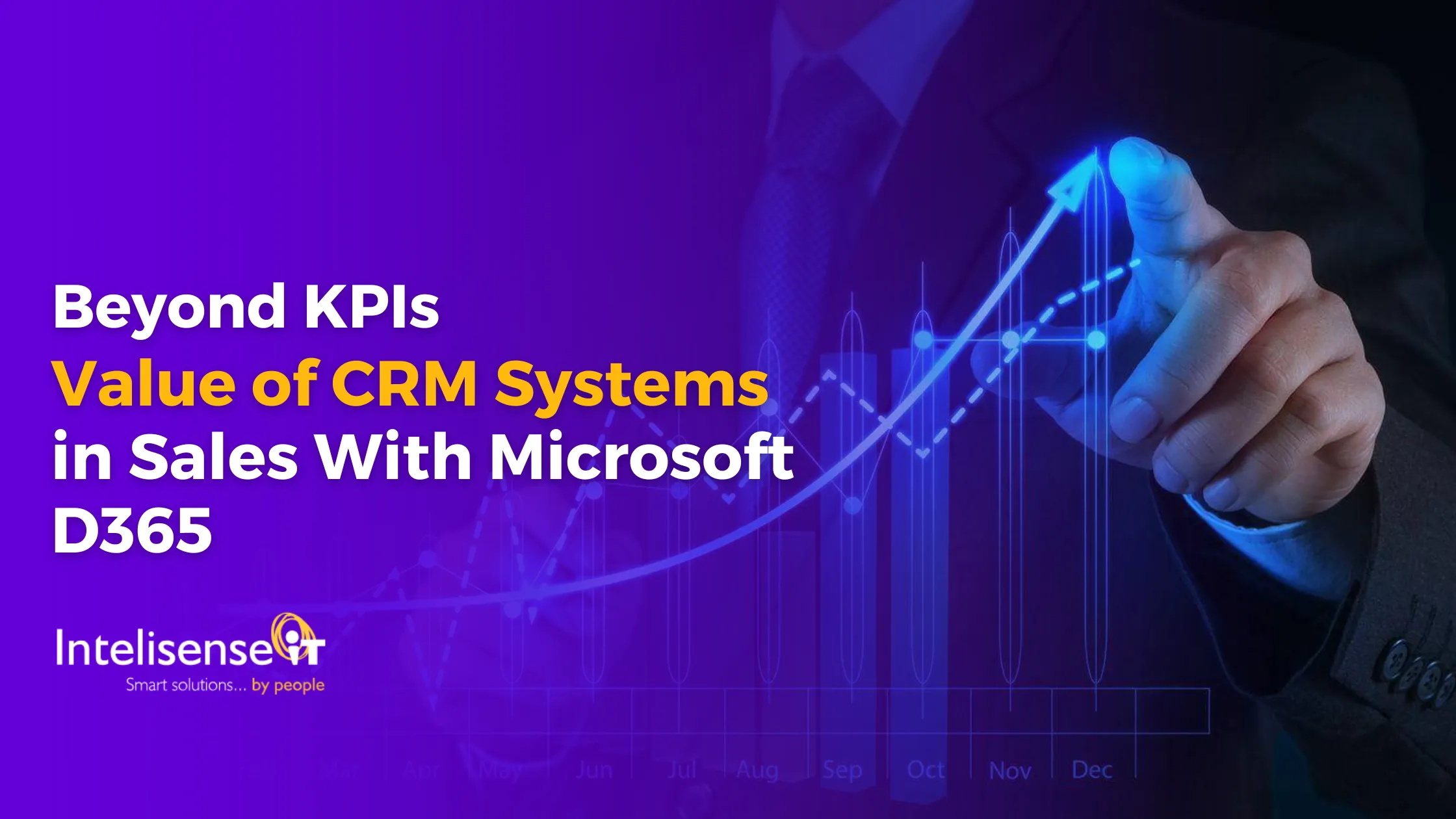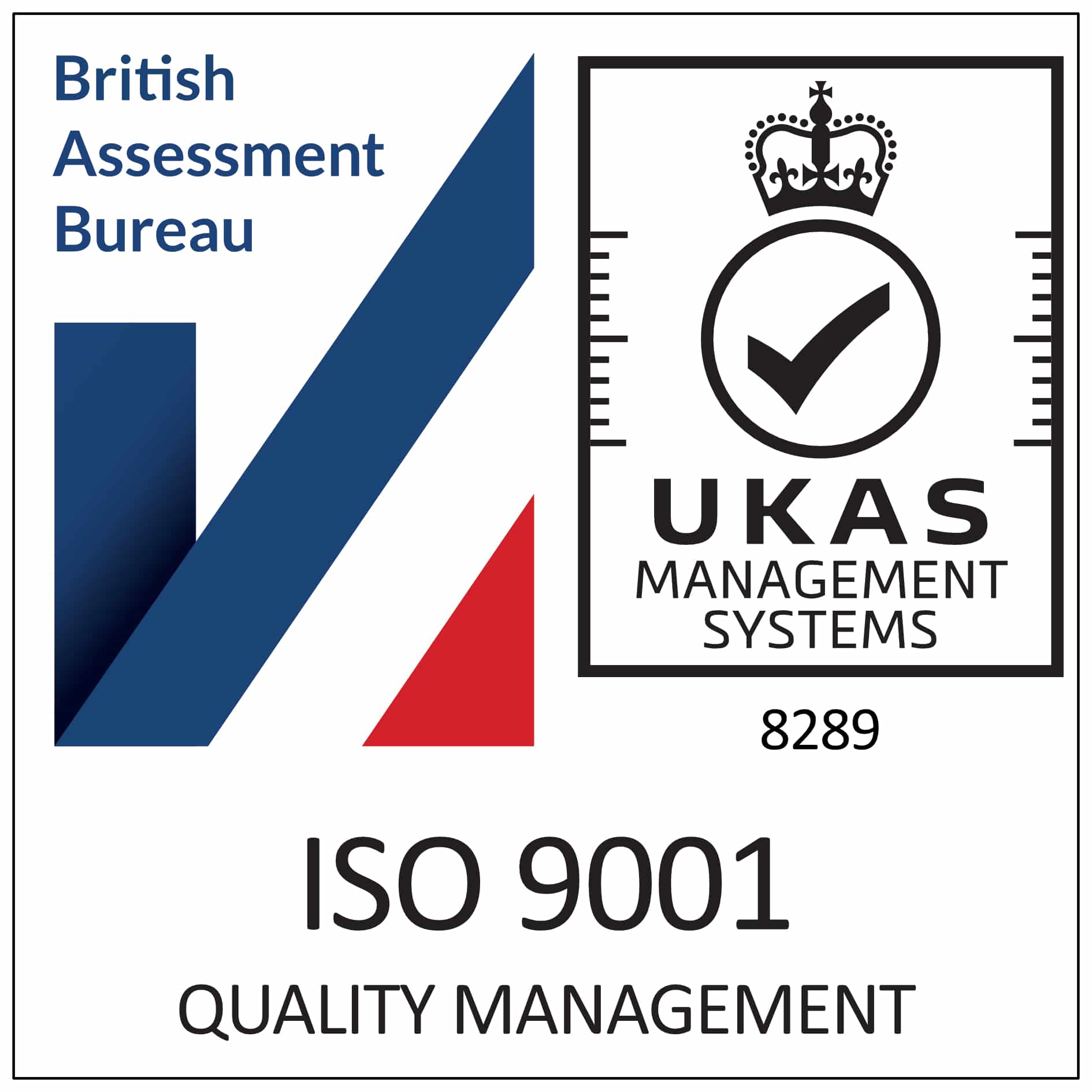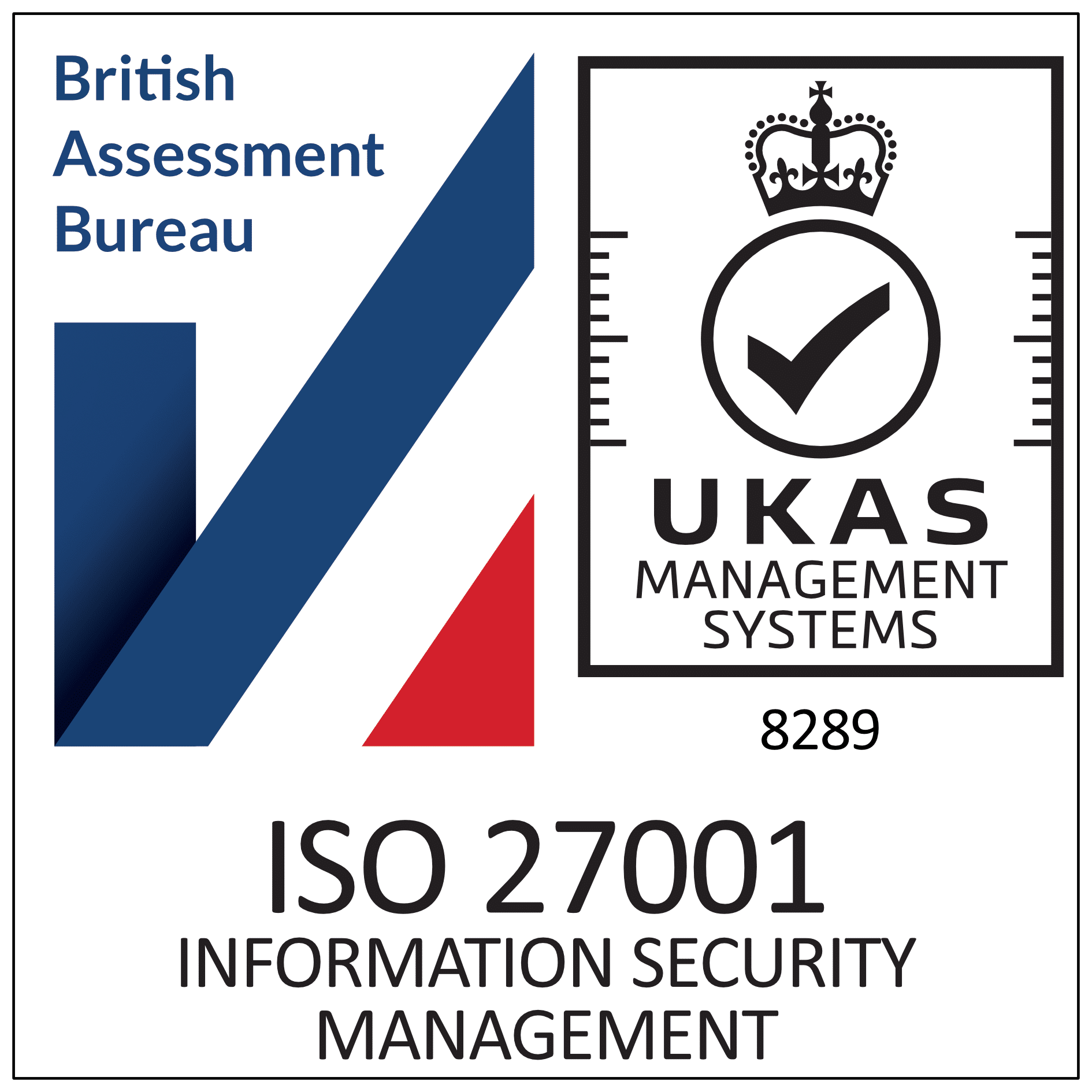Key Performance Indicators (KPIs) have long been the cornerstone of evaluating a sales team's
performance. These metrics provide valuable insights into the team's productivity, revenue
generation, and overall efficiency. However, a narrow focus on KPIs can undermine the true
potential of a Customer Relationship Management (CRM) system, such as Microsoft D365. CRM
systems not only enhance KPI tracking but also add significant value by nurturing relationships and
improving the overall health of interactions between businesses and their clients.
Understanding the Limitations of KPIs
KPIs are undoubtedly vital in the sales landscape. Metrics like conversion rates, lead acquisition
costs, and revenue per sale provide quantifiable data that helps in strategic decision-making.
However, solely concentrating on these indicators might lead to a transactional approach to sales,
where the sole goal is to meet the set numbers. This approach neglects the importance of fostering
strong relationships with clients, a crucial element for long-term success.
The Broader Horizon of CRM Systems
A CRM system, like Microsoft D365, is a powerful tool that extends beyond KPI tracking. It acts as a
centralised hub where all client interactions and information are stored, analysed, and utilised
strategically. This comprehensive view enables sales teams to move from a transaction-based
approach to a relationship-focused strategy.
Fostering Relationship Health
A CRM system helps in nurturing relationships with clients by maintaining detailed records of
interactions, preferences, and feedback. For instance, if a client prefers a specific product range, a
CRM system allows sales teams to tailor their pitches, showing a genuine understanding and interest
in the client's needs. This enhances trust and strengthens the relationship.
Personalised Communication and Improved Customer Experience

CRM systems, like Microsoft D365, allow for personalised communication through automated
processes, reminders, and follow-ups. By understanding individual customer journeys, sales teams
can engage with clients in a meaningful way. This personal touch improves the customer experience,
potentially leading to higher satisfaction and loyalty.
Efficient Team Collaboration and Knowledge Sharing
CRM systems encourage efficient team collaboration by enabling the sharing of insights and
information. For example, if one salesperson discovers a successful sales strategy, it can be shared
across the team through the CRM system. This knowledge sharing elevates the entire team's
performance and benefits the organisation.
Strategic Decision-making and Forecasting
While KPIs provide valuable historical data, CRM systems take this a step further. They allow for
predictive analysis based on past interactions and behaviours. This aids in strategic decision-making,
helping sales teams anticipate market trends and customer needs, thus aligning their strategies
accordingly.
Integration and Streamlining Processes
Microsoft D365 CRM integrates seamlessly with other tools and platforms, streamlining various
processes. This includes email integration, document sharing, and calendar management. Such
integrations improve efficiency, save time, and enhance the overall productivity of the sales team.
Cost-efficiency and ROI Enhancement
By leveraging a CRM system, businesses can optimise their operations and marketing efforts. It
allows for targeted campaigns, identifying high-value clients, and ensuring efficient resource
allocation. Ultimately, this leads to cost savings and enhances the return on investment (ROI) for the
organisation.
Compliance and Data Security
Modern CRM systems like Microsoft D365 ensure compliance with data protection regulations. This
instils confidence in both the sales teams and customers, demonstrating a commitment to
safeguarding sensitive information.
Conclusion
While KPIs remain a fundamental aspect of evaluating sales performance, CRM systems like Microsoft D365 offer a holistic approach. They empower sales teams to transcend the numbers,focusing on fostering relationships, enhancing customer experiences, and driving long-term business success. The true value of CRM systems lies in their ability to elevate sales processes, enrich interactions, and ultimately cultivate a loyal and satisfied customer base.




